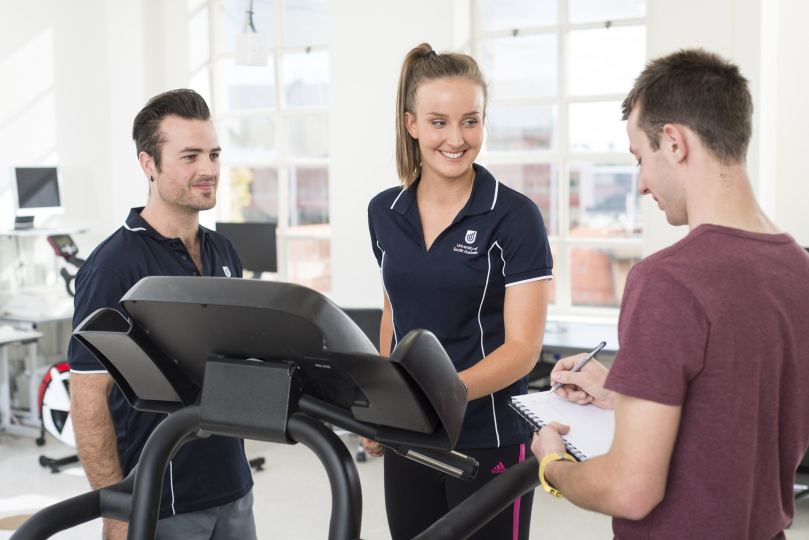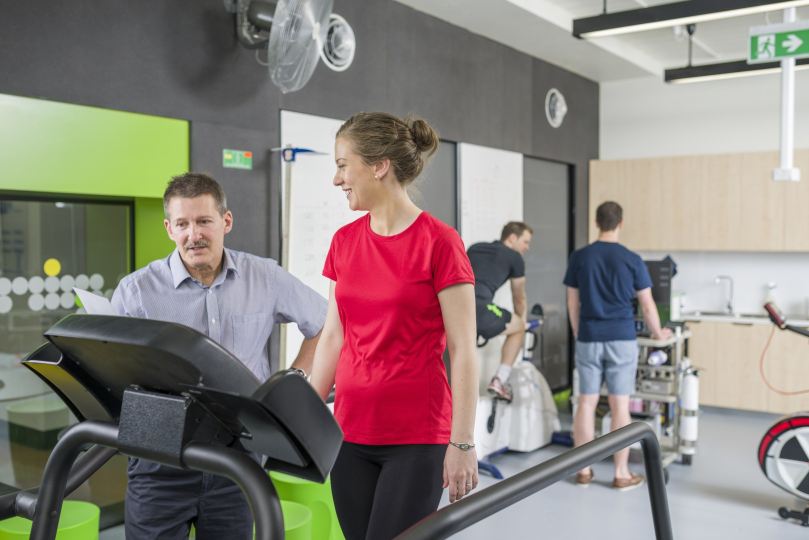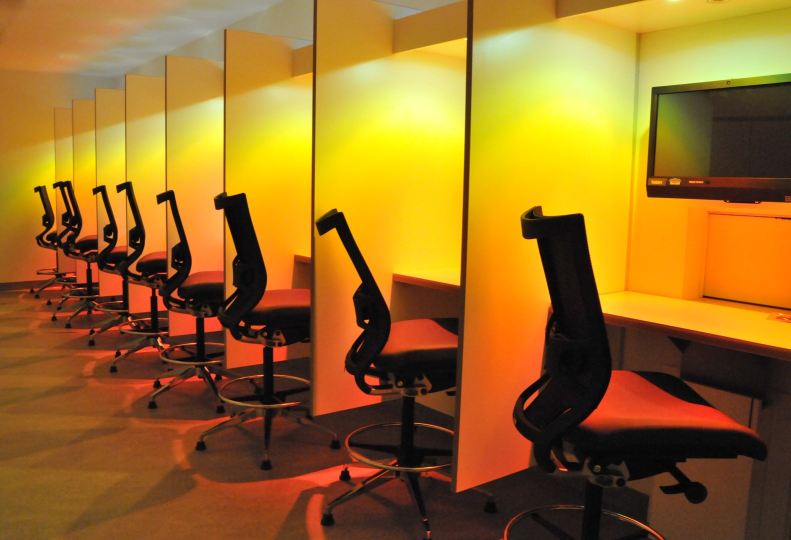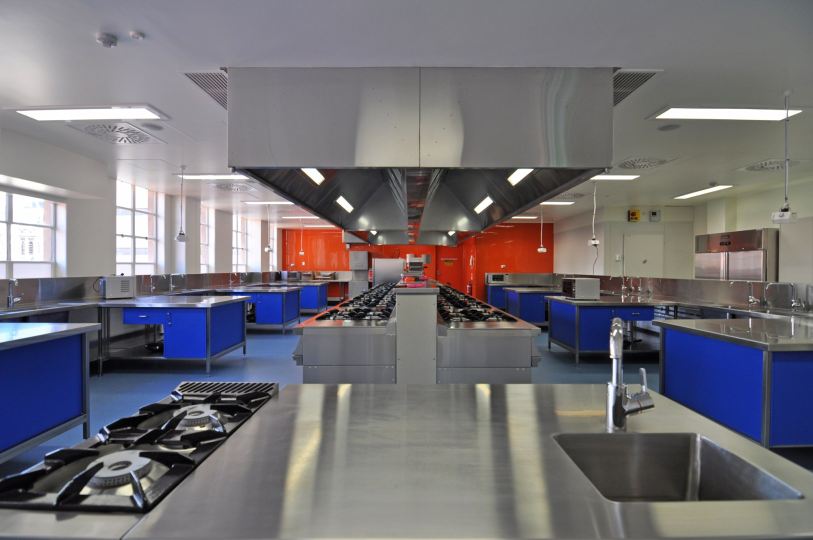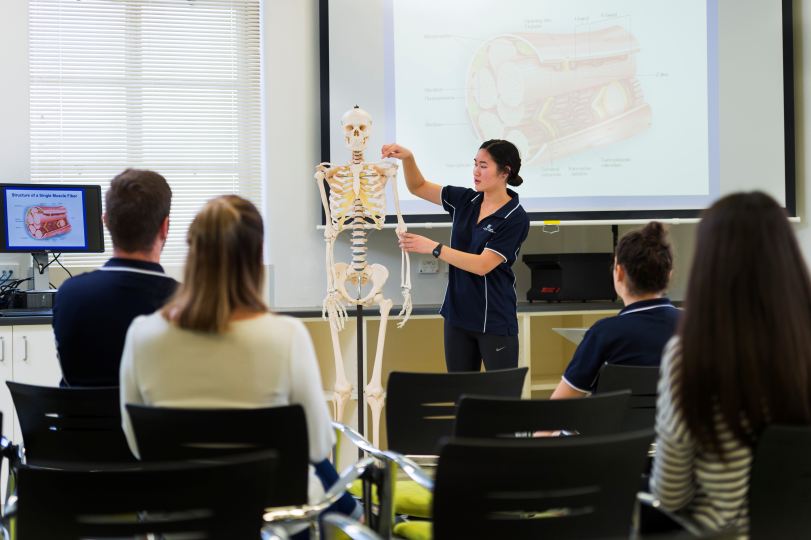Bachelor of Human Movement, Bachelor of Nutrition and Food Sciences
Degree Level Undergraduate
Year 2025
You're considered an Australian student if you are any of the following:
Degree Level Undergraduate
Year 2025
Entry Scores
2025 Guaranteed Entry
Year 12 (ATAR-based): 75.00
Year 12 (Grades-based): A,B,B
TAFE/RTO: DIP
View Guaranteed Entry Info
2024 Cut-Offs
Year 12 (ATAR-based):
- Internal: 70.00
TAFE/RTO: Dip
View full entry requirements
The admission criteria have been grouped to assist you to easily find the information most relevant to your circumstances. However, you may fit into more than one and the university will consider applicants against each of the relevant criteria.
Certain conditions apply. For more information refer to Appendix 4 of the University's Selection and Entry policy.
Applicants are required to meet one of the following criteria with a competitive result, and demonstrate that they fulfil any prerequisite requirements and essential requirements for admission:
Recent secondary education
Meet any prerequisite requirements with a minimum grade of C- or equivalent
AND
Applicants who have not achieved the Selection Rank required for automatic selection may be selected for any remaining places based on the grades of their year 12 subjects.
OR
Higher education study
OR
Vocational Education and Training (VET)
OR
Work and life experience
Students commencing in July will follow an alternate degree structure to accommodate starting in Second Semester.
1ComparED (QILT) Graduate Outcomes Survey 2021-23– Full-time Employment Indicator (Domestic Undergraduate). SA public universities. 22018 Excellence in Research for Australia (ERA). 3Ranked #43, 2024 THE Young University Rankings.
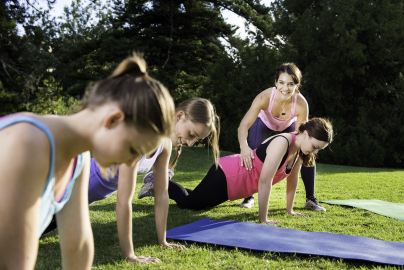
This double degree is for students who want to combine their passion for health and exercise with their interest in nutrition.
Through theoretical and practical learning, you’ll develop a deep understanding of holistic health and how exercise and nutrition directly impact each other. Participating in at least 75 hours of practical experience from an industry placement, you'll graduate ready to improve the nutritional and physical health, fitness and wellbeing of the community.
You'll learn from world-class industry experts in an environment full of opportunities for practical learning, and have the opportunity to complete a work placement with valuable industry experience. You can also tailor your degree to align with your career goals by choosing a primary stream in either Health and Physical Education, or Exercise and Sport Science.
If you study the Exercise and Sport Science stream, you will gain practical learning in brand-new, industry-leading facilities in our Sports Science Hub. Located within the SASI building alongside elite athletes, test your performance and analysis skills in our biomechanics, exercise physiology, and exercise teaching labs under the guidance of leading exercise and sport science experts.
Students who undertake activities where interaction with patients/the public is required for their degree, such as field or industry placements/visits and in University clinics and gyms, must demonstrate they meet mandatory pre-placement conditional requirements. These include criminal history clearance, a Working with Children Check and immunisation requirements.
Please visit the Clinical Placement Unit for information on key requirements, and to access the full student checklists.

This double degree offers a strong blend of theoretical, practice-based and industry learning.
During your first year of study, you'll develop a strong foundation in:
From your second year, you can choose to tailor the human movement component of the degree using the electives to suit your career goals, through primary streams in Health and Physical Education or Exercise and Sport Science. If you choose to study the Exercise and Sport Science stream, you’ll develop hands-on skills in the SASI facility to maximise human health and performance.
In addition to studying core subjects in your final years, the stream subjects focus on areas like exercise prescription, exercise delivery, fitness and lifestyle management, and outdoor leadership. Alternatively, you can opt not to study a stream, and instead choose to study a broad range of elective subjects to give you a multi-disciplinary perspective.
You can gain an extra qualification and broaden your career prospects by completing a Diploma in Languages.

World-class teaching staff and state-of-the-art learning facilities make this double degree a great choice to gain expertise in the body's physical and nutritional function.
This unique double degree from UniSA enables students to graduate with two qualifications with only one extra year of study.
UniSA is SA’s No 1. University for human movement and sport science research.1 Our state-of-the-art on-campus facilities, including specialised exercise science laboratories and commercial kitchen, are excellent spaces to develop your practical skills and experience the hands-on nature of the health industry.
For those choosing the Exercise and Sport Science stream, you will get hands-on experience in brand-new facilities in our Sports Science Hub located in the new SASI site. Capture 360° motion-capture footage in our biomechanics lab, shape training routines in our Exercise Teaching space, and measure body capacity in our Exercise Physiology lab, including a world-standard Bod Pod to measure body composition.
You’ll graduate with at least 75 hours of practical experience from an industry placement in the areas of human movement, nutrition, health and physical education, or exercise science.
Graduates are eligible to apply for professional membership with the Australian Institute of Food Science and Technology (AIFST) and can start their registration pathway towards becoming a Registered Nutritionist (RNutr) with the Nutrition Society of Australia.
1The only university in SA to have all its assessed Human Movement and Sports Science research rated well-above world standard. 2018 Excellence in Research for Australia (ERA).
As the health, nutrition, exercise and wellness industries continue to grow, employment prospects for graduates are promising.
Depending on your chosen stream, you may gain employment as a:
You'll be able to apply for official registration with the Nutrition Society of Australia as an Associate Nutritionist (ANutr), leading to become a Registered Nutritionist (RNutr), typically after three years of experience.
Students in the Health and Physical Education stream can continue their studies with the Master of Teaching (Secondary), leading to teach Health and Physical Education and Nutrition (up to Year 12) and Junior Science (up to Year 10). For more information on the subjects you'll be able to teach, visit our Health and & Physical Education (H&PE) teaching page.
Students in the Exercise and Sport Science stream are eligible to apply for accreditation and registration as an Accredited Exercise Scientist through Exercise and Sport Science Australia (ESSA), as long as you have completed the required hours of practical experience.
Graduates of the program are eligible to apply for professional membership of the Australian Institute of Food Science and Technology (AIFST).
Graduates of the program are initially eligible to apply to the Nutrition Society of Australia for registration as an Associate Nutritionist (ANutr), leading to Registered Nutritionist (RNutr), usually after three years of experience.
Have any questions? We're here to help! Contact Adelaide University's Future Student Enquiries Team.
Applying to study with us:
Australian
There are other pathways you can follow to study this degree, including:
International
There are other pathways you can follow to study this degree, including:
SAIBT Diploma of Health Science
This degree is available for deferment. This option is made available by responding to your offer during the application process via the SATAC website. Applicants who receive an offer into a midyear degree are eligible to defer for six months.
Every year, over 2,500 UniSA students are supported in their studies through scholarships and grants worth millions of dollars. Check out the scholarships below. One of them may be perfect for you. Visit our scholarships page for more.
$5,000 scholarship for South Australian students with an ATAR of 99 who enrol to study a UniSA undergraduate degree.
Up to $10,000 per annum (full time) for South Australian students who obtain an ATAR of 99.95 or IB equivalent and enrol to study at UniSA.
Our campuses are home to fantastic facilities including modern lecture theatres, libraries, workshops and laboratories, as well as spaces that simulate real work environments. But you’ll also discover that your journey at UniSA is about social experiences, healthy living and getting involved. You’ll find student sports and fitness facilities, community clinics, tech zones and chill-out spaces. There are campus sport activities to keep you active, and if you are keen to explore the social side of university life, there are movies, cooking demonstrations, parties and loads more.
Adelaide also has a variety of accommodation options to suit different requirements and budgets. Options include dedicated student accommodation and private rentals. See our long-term accommodation pages, or explore our student accommodation by Scape on Bank Street in Adelaide’s lively cultural precinct, an ideal location for students. It is within easy reach of UniSA’s city and metropolitan campuses, Rundle Mall shopping, the Central Market, Chinatown, and the West End’s vibrant nightlife. It is also across the road from the Adelaide train station, and on bus and tram routes.
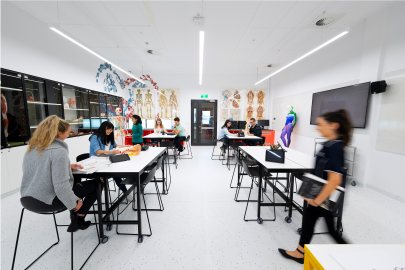
You’ll have access to UniSA’s comprehensive sports facilities. If you study the Exercise and Sport Science stream, you will also get to learn in the industry-leading SASI site designed for sports science testing, analysis and performance.
SASI facilities you’ll learn in include:
You’ll also get to use purpose-built UniSA facilities including:
You’ll also have access to a range of on-campus spaces including modern lecture theatres, collaborative teaching rooms and relaxed student lounges.
As program director I am responsible for the provision of academic leadership in the planning, management, development, improvement, quality assurance and growth of the suite of human movement degrees. I head a team of outstanding teachers and researchers who educate highly capable graduates who can engage in a wide range of industry and community settings, and can meaningfully contribute to a healthier and more just society.
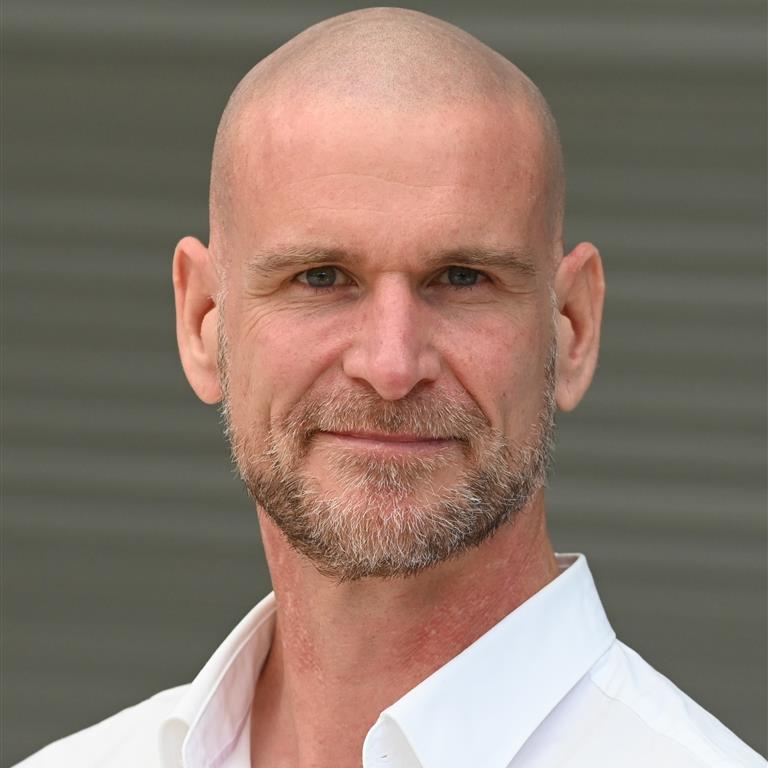
The way you apply for UniSA will depend on the undergraduate or postgraduate coursework degree you're interested in studying.
The majority of applications are made via the South Australian Tertiary Admissions Centre (SATAC). Check out more information on the SATAC website and follow the appropriate process for your degree of interest.
There are a small number of degrees that you need to apply for through direct application processes. The process you need to follow will be listed on the 'How to Apply' section of the degree homepage, but you'll also be taken to where you need to go if you hit the 'apply' button.
If you are interested in studying one of our 100% online degrees you'll need to apply directly to UniSA Online.
You can find more information about the application processes for UniSA on our How to Apply webpage.
If you're more interested in applying for a postgraduate degree by research, check out and follow the information in our step by step guide to applying.
Applications for all degrees will close ahead of study commencing, but the timelines may vary for undergraduate and postgraduate degrees.
The deadline to apply to study a degree at UniSA for semester one (commencing late February) and be guaranteed equal consideration is generally in very late November or early December. While you may be able to apply after this date, you are not guaranteed to be considered equally with other applicants and your application may not be assessed in time for the main round of offers. More competitive degrees may not make any offers after the main offer round. Find more information on the Key Dates section of the SATAC website, but you can also call the Future Student Enquiries team for more information on 08 8302 376.
Many postgraduate by coursework degrees do not have set closing dates. The exceptions are highly competitive degrees, so it is best to check – either on the degree homepage on the SATAC website or by checking with our Future Student Enquiries team.
As most postgraduate applications are assessed as they are submitted and offers are continuous, there are no set closing dates for applications. Degrees can be filled and closed with little notice so it is best to apply as soon as possible to avoid missing out on a place. For more information, please contact our Future Student Enquires team on (08) 8302 2376 or submit an enquiry.
You may be eligible for credit or advanced standing for your chosen UniSA degree based on your previous studies, if they are in a related area and completed within a certain timeframe. Receiving credit or RPL will reduce the number of courses you undertake within the degree, and may also reduce the overall duration of your degree. You can read more about our pre-existing credit agreements through our online Credit Assessor. If you have related industry experience, you may also be eligible to receive recognised prior learning (RPL) for this experience. Credit and RPL is assessed by the Program Director once you've received an offer, and you apply through UniSA's current student experts, Campus Central.
Future Student Enquiries welcomes the opportunity to meet with you to discuss your study options at UniSA. We can discuss degree information, entry requirements and pathways, applications, general career outcomes and student life, so you have the information to make the best study decision for your future. Head to our Book an Appointment webpage to find a date and time to speak with us, and take your next steps on journey to university study.
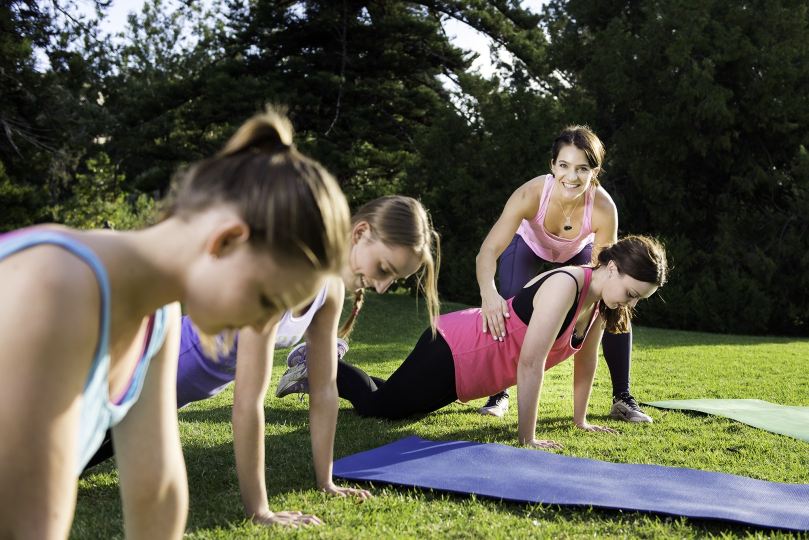
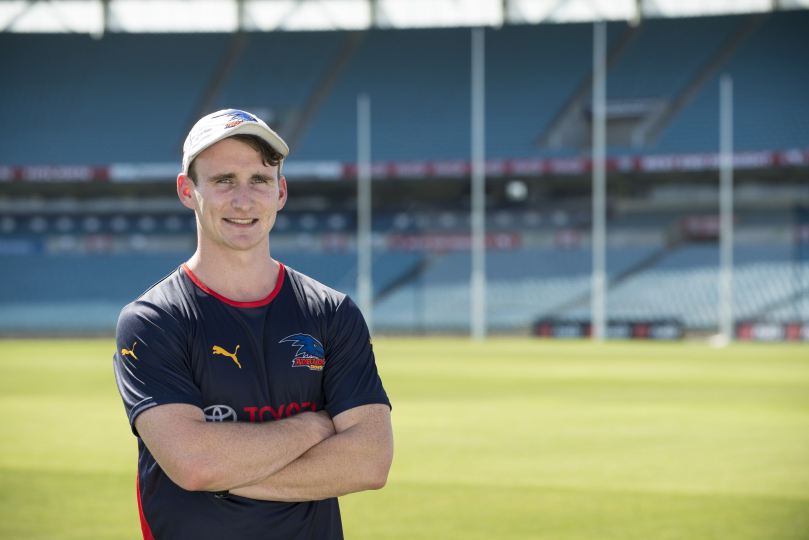
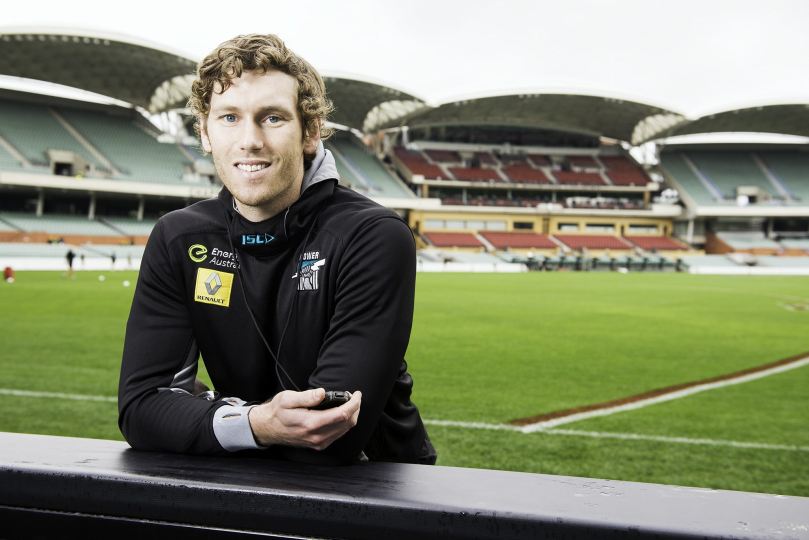
human movement
